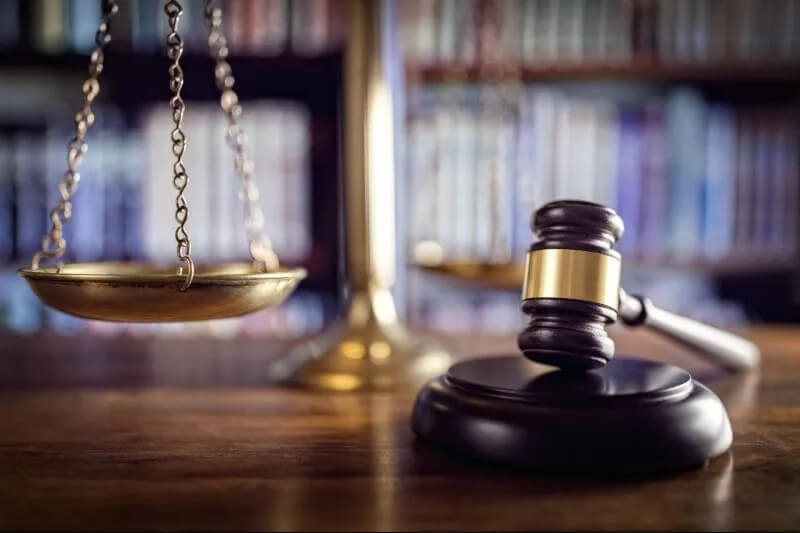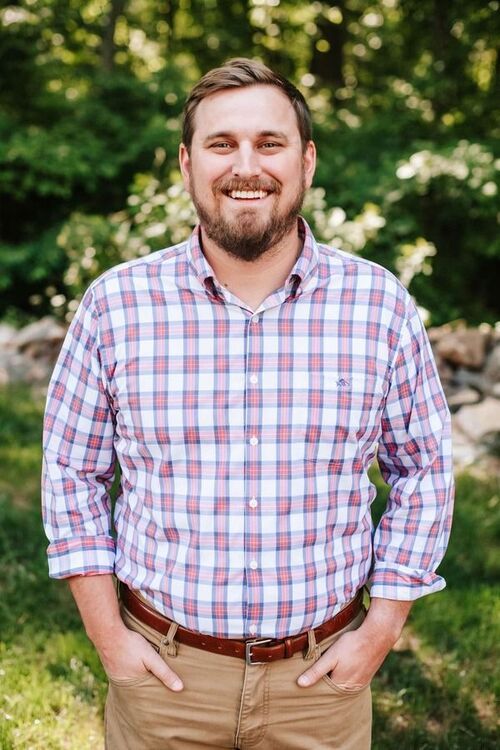Casey is a founding partner at River Run Law Group. Casey has tried numerous cases across the Commonwealth in both General District Court and Circuit Court. He has earned millions of dollars for his clients through trials, mediations, and settlements.
If you got hurt in any type of accident, chances are you’ve heard the term “negligence.”
While negligence has a common everyday meaning, negligence is also an important legal concept in personal injury cases.
In fact, the vast majority of personal injury cases fall under the category of negligence cases.
Thus, for those considering a personal injury lawsuit, it is important to understand the different types of negligence.
To learn more, the Richmond, Virginia personal injury lawyers at River Run Law discuss the different types of negligence below.
If you have any questions, please contact us online or call (804) 889-0500 today.
What Are the 3 Types of Negligence?
Under Virginia law, there are three types of negligence: ordinary or simple negligence, gross negligence, and willful and wanton negligence. Each of these terms carries a specific meaning.
However, before delving into the specific levels of negligence, it is important to understand how negligence fits into a personal injury case.
What Is Negligence?
Most motor vehicle accidents, slip and fall, and wrongful death cases require that the person bringing the case prove that the other party was negligent.
Over time, courts have refined the definition of negligence, boiling it down to four elements.
Thus, as a general rule, to prove another party acted negligently, you must establish each of the following elements:
- Duty—The other party owed you a duty of care;
- Breach—The other party violated the duty of care owed to you;
- Causation—The other party’s actions (or failure to act) caused your injuries; and
- Damages—You suffered legally recognizable damages as a result of the other party’s actions.
So, while someone may be negligent in the common use of the word, it doesn’t necessarily mean they were legally negligent.
Simple Negligence
Simple negligence, also known as ordinary negligence or standard negligence, refers to a situation where an individual fails to exercise reasonable care in a specific circumstance, despite having the knowledge and capacity to do so. This failure can result in harm to others, even though it is not intentional.
Someone can act with simple negligence simply by not paying as close attention to something as they should.
In fact, Virginia’s model jury instructions state that “negligence is the failure to use ordinary care.”
The instructions further provide that ordinary care is the care a reasonable person would have used under the circumstances of this case.
Simple negligence examples include actions such as running a stop sign, which can result in a car crash.
This type of negligence can also involve failing to place a warning sign after mopping a floor, potentially leading to slip and fall accidents. Additionally, neglecting to repair wood-rotted stairs on a porch can result in guests falling and getting injured.
Gross Negligence
Gross negligence involves conduct that is more than just negligent.
To use the model jury instructions again, gross negligence “is that degree of negligence which shows such indifference to others as constitutes an utter disregard of caution amounting to a complete neglect of the safety of others.”
If someone acts with gross negligence, their actions will shock reasonable people.
However, gross negligence does not rise to the level of intentional misconduct and even falls short of what most consider recklessness.
For example, a driver may be grossly negligent if they speed in and out of traffic in an area where they know many pedestrians are present.
Simple negligence and gross negligence are two distinct legal concepts. Simple negligence refers to a failure to exercise reasonable care, while gross negligence represents a significant deviation from the standard of care, characterized by willful, wanton, and reckless behavior.
Negligence vs Gross Negligence
What is the difference between negligence and gross negligence? Negligence refers to a failure to exercise reasonable care that a prudent person would under similar circumstances, resulting in unintentional harm. In legal terms, negligence can lead to liability if it causes foreseeable harm.
On the other hand, gross negligence involves a much greater disregard for safety, indicating a conscious indifference to others’ rights and well-being. It signifies a severe lack of care and can lead to more severe legal consequences compared to ordinary negligence.
Willful and Wanton Negligence
The term negligence implies that a person did not have the intent to cause the end result; however, willful and wanton negligence gets pretty close.
Willful negligence, synonymous with reckless or wanton negligence, refers to situations where the defendant consciously ignores the foreseeable risks associated with their actions and possesses awareness, or should reasonably possess awareness, of the potential consequences. In cases of willful negligence, the defendants often display blatant disregard for the safety, well-being, or interests of others.
Still, this doesn’t mean that a person who acts with willful and wanton negligence has the specific intent to cause an accident.
However, it means that they were aware of the dangerousness of their actions and decided to carry on nonetheless.
An example of willful and wanton negligence is someone who drinks and consumes drugs to the point where they are extremely intoxicated.
However, not every drunk driver acts with willful and wanton negligence; it depends on how intoxicated they were and their actions leading up to the collision.
Why Does Type of Negligence Matter?
The short answer to this is, in most cases, it doesn’t. In the vast majority of Virginia personal injury cases, ordinary negligence applies.
However, there are certain claims that require you to prove either gross negligence or willful and wanton negligence.
Additionally, to recover punitive damages, you must prove that the other party acted with willful and wanton negligence.
That is because punitive damages are intended to punish parties for their especially egregious actions and to deter future similar misconduct.
Were You Injured As a Result of Another’s Negligence?
If you or someone you love was recently injured in any type of accident, you might be able to recover financial compensation from the at-fault party.
The Virginia personal injury lawyers at River Run Law have extensive experience aggressively pursuing compensation on behalf of our injured clients.
We handle all types of cases, including workplace accidents, motor vehicle accidents, slip-and-falls, dog bites, and everything in between.
To learn more and to schedule a free consultation with a Virginia accident lawyer, reach out to River Run Law at (804) 889-0500 today.
You can also connect with us through our online contact form.
Where You Can Find Our Richmond, VA Office



